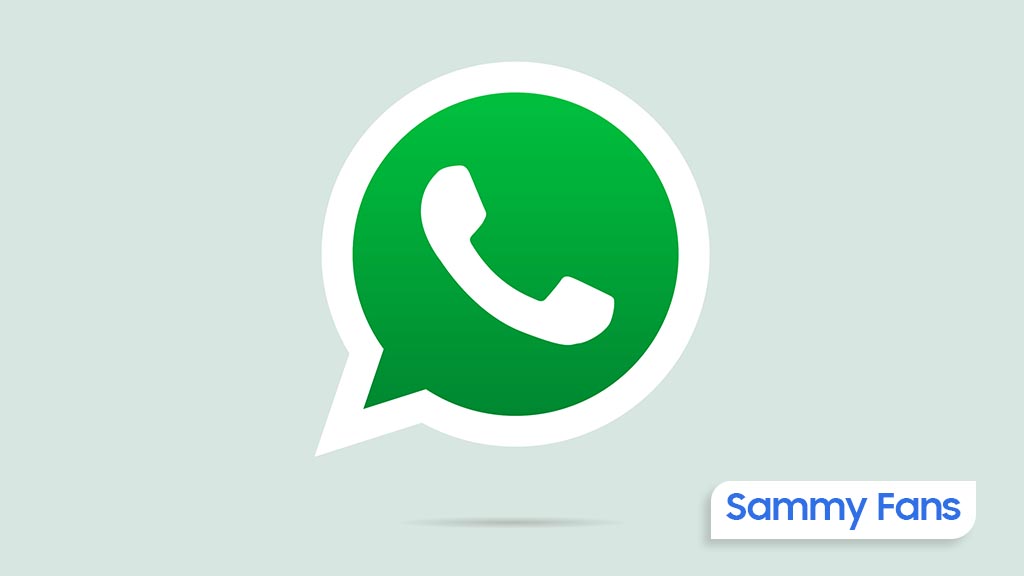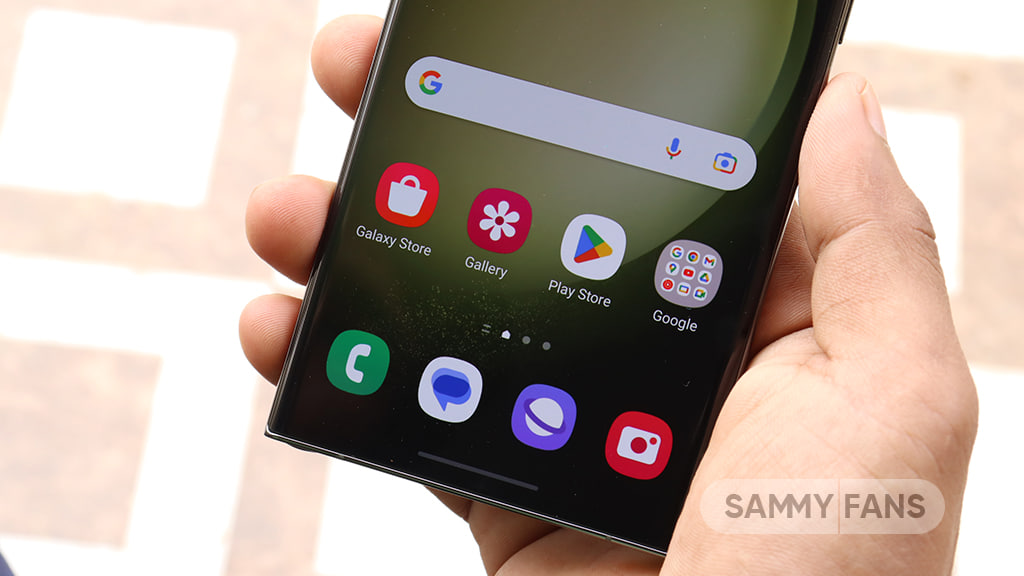Apps
Facebook, Instagram, Messenger and Threads Access and Share All 14 Types Of User Data Among 50 Apps: Report

In a recent study, it has been found that 4 apps that are owned by Meta access most user data among 50 apps. Since users can restrict personal data collection on their smartphone, many of them aren’t aware of the types of information being collected.
Analysts at greensmartphones analyzed the personal information collected by the UK’s 50 most popular free apps on the Google Play store. In addition, the firm has also assessed whether the app developer shares any of this info with 3rd parties, and whether they let users request that their data be deleted.
Follow our socials → Google News | Telegram | X/Twitter | Facebook | WhatsApp
As defined by Google Play Store, each category of personal information is relatively broad and contains multiple different types of data. In the chart, the only four apps that collect all 14 kinds of user data are owned by Meta, namely Facebook, Instagram, Messenger, and Threads.
These four apps not only collect user data but also share the collected data with third parties. However, users can raise a request to get the data collected by the application to be deleted. Check the 14 types of user data list below, followed by the chart of the top 50 apps, and check your favorite apps’ status.
14 Types Of User Data
- Personal information
- Financial information
- Photos and videos
- Audio
- Messages
- Contacts
- Files and documents
- Calendar
- Health/fitness information
- App activity
- Web browsing activity
- Location
- App info & performance data
- Device or other IDs
Analysis of user data collected by the UK’s 50 most popular free apps on Play Store:

How to protect your privacy
- Uninstall any apps you don’t use
- Review app permissions
- How to: Settings > Privacy > Permission Manager.
- Turn off location services
- Hot to: Settings > Privacy > Location, or swipe down from the top of the screen to open the system tray, and then tap the “Location” icon.
- Take advantage of your right to be forgotten
- Carefully review data access rights when installing new apps
WhatsApp adds quick camera shortcut to gallery sheet

WhatsApp has pushed a new beta update for Android users, which brings a camera shortcut directly to the gallery sheet to make it easier to access the camera while sending photos or videos. The fresh beta update arrives with version 2.24.24.23, available through the Google Play Beta Program.
Previously, WhatsApp improved the way users send photo and video albums. With that, users can select multiple photos and videos at once, and add captions to entire albums to make it simpler to share media with context.
The new update is adding even more improvements. The camera shortcut, which used to be in the chat bar, is now available directly inside the gallery sheet. It saves time and makes it easier to capture something new without navigating through multiple steps.

Now, when you’re selecting photos or videos to send, you can quickly switch to the camera without leaving the gallery. This new change might feel like an extra step for some users who were used to accessing the camera with a single tap from the chat bar. However, the update aims to combine both the camera and gallery functions into one place.
Notably, not all users will see this new camera shortcut. If you still have the camera shortcut in the chat bar, you won’t see the one in the gallery sheet. This is to avoid clutter and make the app more organized.
This feature is currently available to a limited number of beta testers, and it will be rolled out to more users in the coming days or weeks.
Apps
Google Messages to improve backup process with encrypted in-app feature

Google Messages introduces a new Backup and Restore feature to make it easier for users to back up and restore their text messages, media, and settings directly within the app. This feature’s strings have been spotted in the Google Messages 20241118_02_RC00 beta version.
Currently, Android users back up their messages through Google One at the system level, but this new update lets users manage backups from within Google Messages itself.
The backup system will offer end-to-end encryption, ensuring that your messages are fully secured. Only you will be able to access the backup, with protection provided by your device’s screen lock.

When signing into the app on a new device, your conversations will automatically restore, providing a seamless transition. However, some devices without a screen lock may not be eligible for encrypted backups.
The backup feature is closely associated with your Google Account and Google One storage, which means you’ll need some extra storage space for backups. While users can choose to turn off backups at any time. Turning off the backup will permanently delete your conversations from your Google Account, although they will still be on your device.
You can also choose to back up media only over Wi-Fi, which can help save mobile data. Additionally, Google Messages will allow you to sync messages across different devices as long as you’re signed into your Google Account.
Aside from this, Google Messages recently rolled out the “Double tap heart ‘feature for Android users. This makes it easier to send a red heart emoji in response to messages.
Google Messages rolls out ‘Double tap to heart’ for easy reactions
Apps
Samsung Daily Board app update adds Night Clock Mode

Samsung has pushed a fresh update for its Daily Board app, version 15.0.51.1, which brings new features and improvements to enhance the user experience. This update is available on the Galaxy Store with a package size of 19.09MB.
The new update introduces Night Clock Mode, which is designed to make using the app easier and more comfortable in low-light conditions. With this update, the clock interface now automatically switches to a more dimmed color scheme when the lighting around you dims.
It ensures that the clock remains easily readable on the Daily Board without causing eye strain in dark environments. This feature automatically activates when the Adaptive Brightness setting on your Samsung device is turned on.

Along with the new Night Clock Mode, this update also includes some bug fixes. These fixes help improve the overall performance of the app to make it run more smoothly and reliably.
Overall, the Samsung Daily Board 15.0.51.1 update brings a helpful new feature and bug fixes to make it a better and more user-friendly tool for Samsung users. You can install the via Galaxy Store >> Menu option >> Updates.
Also, you can download the update from the third-party app link mentioned here. Install the latest update now to enjoy new features.










